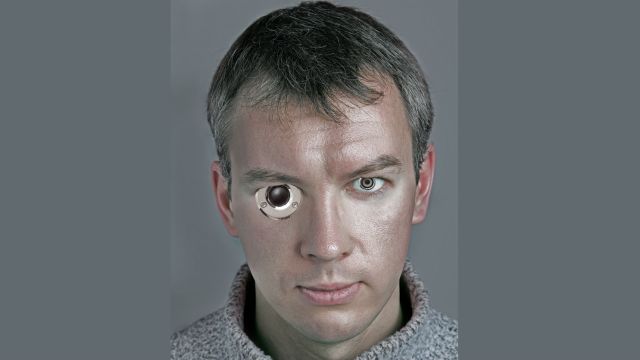Providing Low-Cost Acupuncture To India’s Poor

What’s the Latest Development?
Poor Indians living in Mumbai and the rural state of Tamil Nadu can now get affordable acupuncture treatments through Barefoot Acupuncturists, a chain of five clinics first founded by former Belgian businessman Walter Fischer in 2008. The cost — 20 rupees a session — is subsidized by the fees charged to wealthier patients, and the clinics are staffed by Indian acupuncturists and volunteers from overseas. Fischer says he’s in the process of developing a curriculum that can be used to train staff at other organizations.
What’s the Big Idea?
Fischer first offered free acupuncture in 2007, and later went home to Belgium and sold his possessions so he could return and open the first Barefoot Acupuncturists clinic. He says that due to the physically taxing nature of their work, poor laborers are especially in need of pain relief, yet they don’t often have easy access to affordable mainstream medicine. Acupuncture, he says, “is simple and flexible—it can be used in a posh clinic, a jungle or a slum.” Co-founder Ujwala Patil says that 80 percent of patients complain of chronic pain, and that the clinic in Mumbai’s Vijay Nagar slum gets about 30 patients a day. “We try to create a family atmosphere in the clinic. It’s like their second home,” she says.
Photo Credit: Shutterstock.com
Read it at The Wall Street Journal





